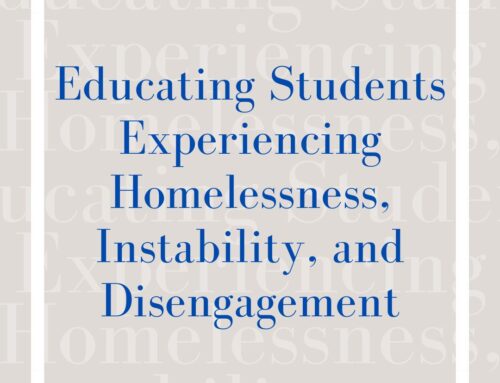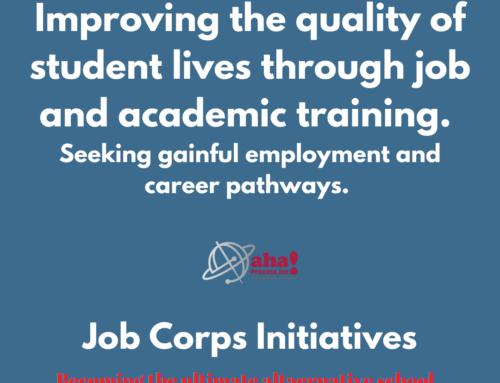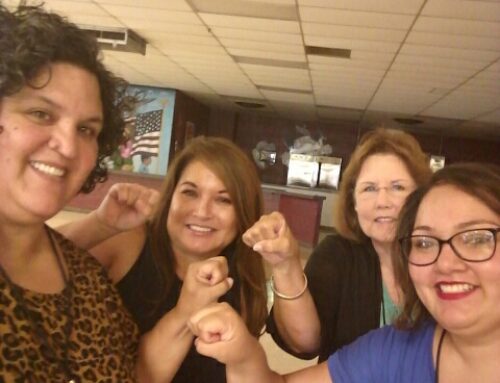 “It was the best of times, it was the worst of times, it was the age of wisdom, it was the age of foolishness.” This quote from Charles Dickens’ A Tale of Two Cities sums up the experience that pre-adolescent and adolescent boys face every day.
“It was the best of times, it was the worst of times, it was the age of wisdom, it was the age of foolishness.” This quote from Charles Dickens’ A Tale of Two Cities sums up the experience that pre-adolescent and adolescent boys face every day.
If you work with boys or have a tween or teenage son, you know how challenging it is to deal with these boys. One minute they are bursting with uncontrollable energy, moving at lightning speed while leaving a debris trail that rivals any tornado. The next minute they behave like slugs. Sometimes it seems even a tornado would not budge them from their beds or remove their phones from their steely grips. Yet educators and parents around the world say boys just can’t focus.
When we allow boys to be actively involved in the things they enjoy, they can stay focused for long periods of time. What do you want them to focus on this summer? What do they want to focus on this summer?
Now that school is out for most students, what are parents to do with their boys? The theme song for many boys is Alice Cooper’s “School’s Out,” with the lyrics “No more pencils, no more books / no more teachers’ dirty looks / … we can’t even think of a word that rhymes.” These lyrics exemplify boys’ attitude toward time off from school.
The “summer learning loss” that affects many students as they enjoy their time away from school can have a significant impact on boys when they return to school after summer break. To help boys succeed in school, we need to reduce the summer loss so when school starts, they are better prepared to access prior learning and incorporate new learning. Here are some suggestions for ways to help boys during the summer:
-
- Play outside. Have them leave their electronics inside the house and have physical play outside. Rigorous play not only helps their level of fitness but also helps keep the brain active and improves concentration.
- Schedule specific reading time. Have them choose a book or books that relate to their interests, and provide a specific time when electronics are turned off and they can read. If given a summer reading list, help them with time management so they are working on the books throughout the summer, not the week before school starts. This is especially important for boys who may be involved in school activities where practice starts before school begins (e.g. band or sports). Parents should model the expected reading behavior by turning their devices off as well. Have a conversation about what they read. Not a quiz, just discuss what they liked or disliked.
- Offer authentic encouragement. Acknowledge their successful endeavors with specific examples of what they are doing well (I appreciate how you put all your clothes in the dresser or appropriate place) and not just platitudes (great job, nice work, etc.).
- Encourage decision making. Talk about how to make good choices. Help them solve problems by letting them come up with the solutions. Talk about the consequences that arise from making choices. The brain’s prefrontal cortex controls tasks such as getting started on something, sustaining attention, remembering critical information, and monitoring one’s own actions and emotional responses. The prefrontal cortex does not fully develop for most males until around age 25. The more teens are encouraged to make good decisions, the less parents will need to worry about the risky things they might attempt to do while no adult is around.
- Do hands-on projects. Let them build something or take something apart to see how it works. Learn a new hobby that requires some hands-on activities. The more time their hands are on tools, the less time they are on video games—or around someone’s neck!
The most important thing you can do with your boys is to give your time to them. That says more to a boy than buying the latest video game, although they most likely won’t acknowledge the time spent together as being better than the latest game. Do your best to be aware of what your boys are doing during the summer when they are not in your eyesight. Let them explore some freedom by not hovering over them, but do remind them that their freedom comes with responsibility and consequences.
Enjoy the opportunity to spend time with your boys this summer. Make it “the best of times” not “the worst of times!”
Jim Littlejohn is a national consultant for aha! Process. He will present a one-day Boys in Crisis workshop in San Antonio, Texas, on Thursday, June 22. This training date follows our San Antonio trainer certification opportunities happening June 19–21.








